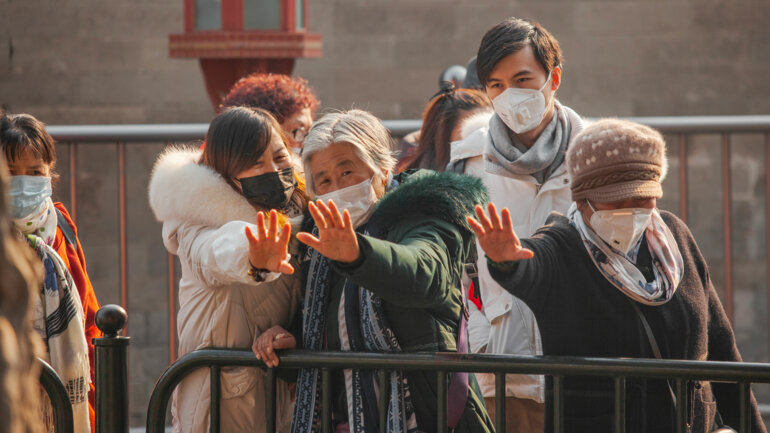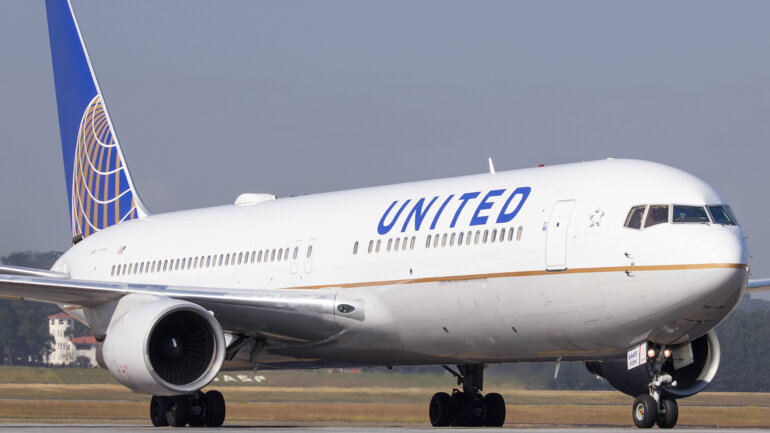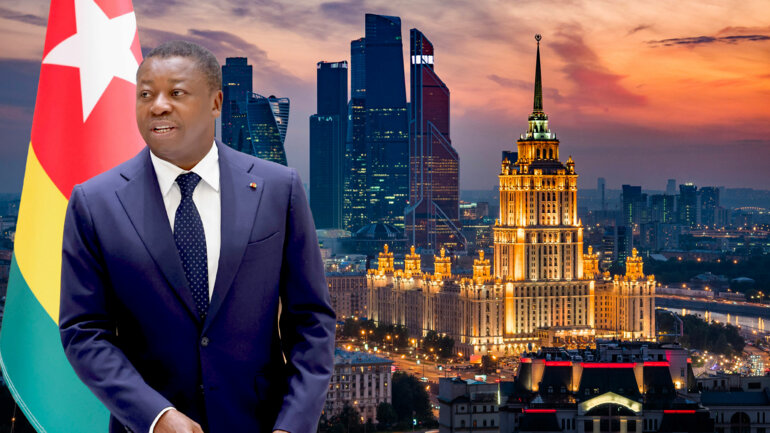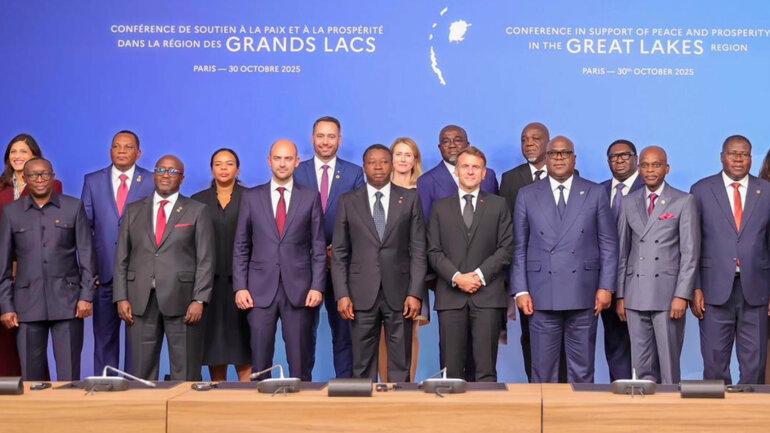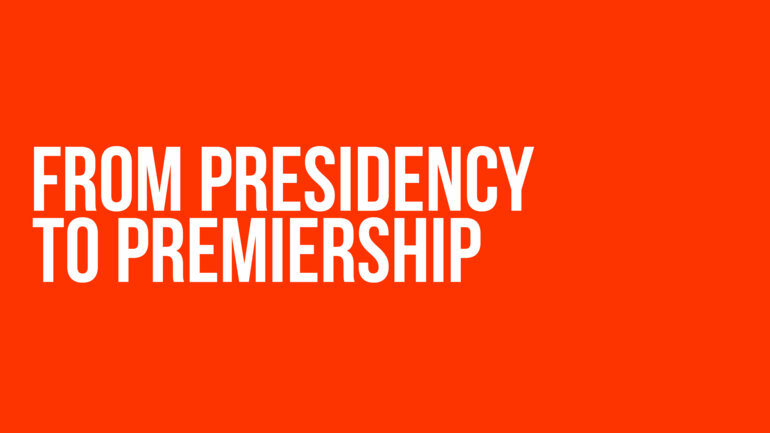
- Diplomatie

The United Nations Deputy Secretary-General, Jan Eliasson, today stressed the need to address the causes of piracy with a “multi-dimensional approach” to ensure the safety of seafarers, fishermen and passengers and avoid damage to the fishing and tourism industries.
“Piracy and armed robbery against ships is a global concern,” Mr. Eliasson told the Security Council at UN Headquarters in New York, on behalf of Ban Ki-moon, during a debate on maritime piracy as a threat to international peace and security. “It affects the freedom of shipping and the safety of shipping lanes that carry about 90 per cent of the world’s trade.”
Togo Ambassador, Kodjo Menan, concurred that piracy was a true threat to international peace and security. In the Gulf of Guinea, the scourge remained a very worrying reality, given the methods used by pirates to carry out their plans. The Gulf was becoming increasingly dangerous, and attacks were often violent and well-planned. Additionally, there was evidence of links between piracy and other crimes in the area. It had been reported that funds gained were used to finance networks aiming to undermine States. The economic threat was significant, as port revenues were important for all the States concerned.
His country, he said, was therefore engaged in a national capacity-building programme with international assistance, allowing it to repulse an attack on a Panamanian vessel. There had also been progress in creating a regional plan and in organizing a regional summit in Cameroon in 2013. That effort must be supported, as it would result in a truly coordinated regional strategy. He endorsed further development of strategies to gain the speedy release of hostages and to assist their families. An improved judicial framework must also be established, and further international action should include knowledge sharing. The United Nations must play a central role in counter-piracy efforts and projects to protect the maritime environment in that context.
© untogo.org

